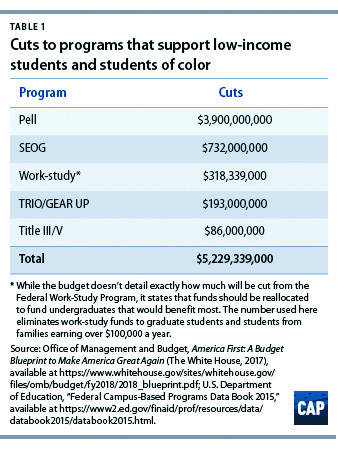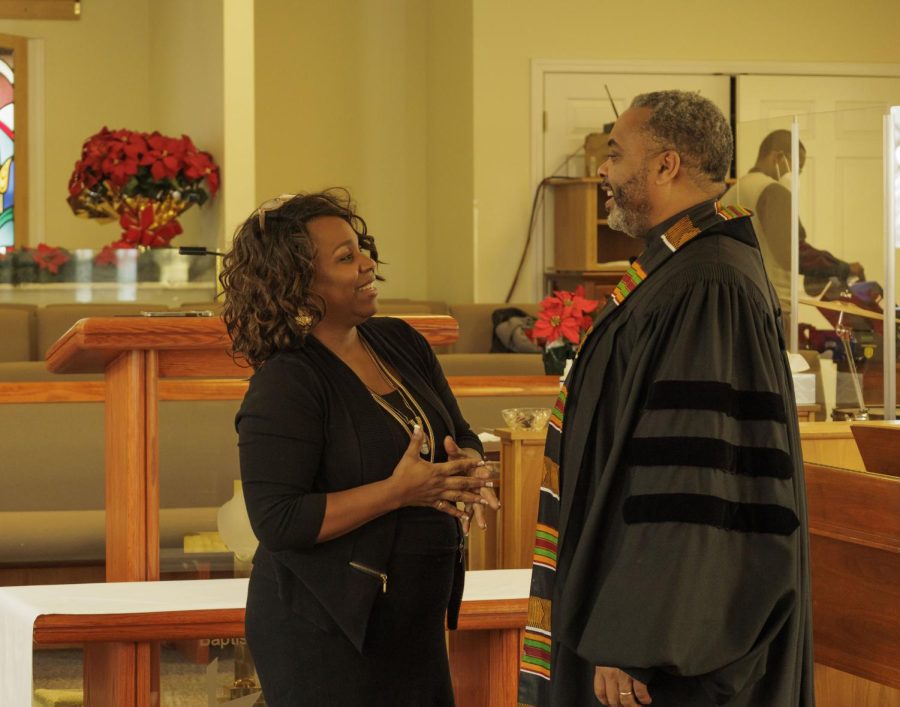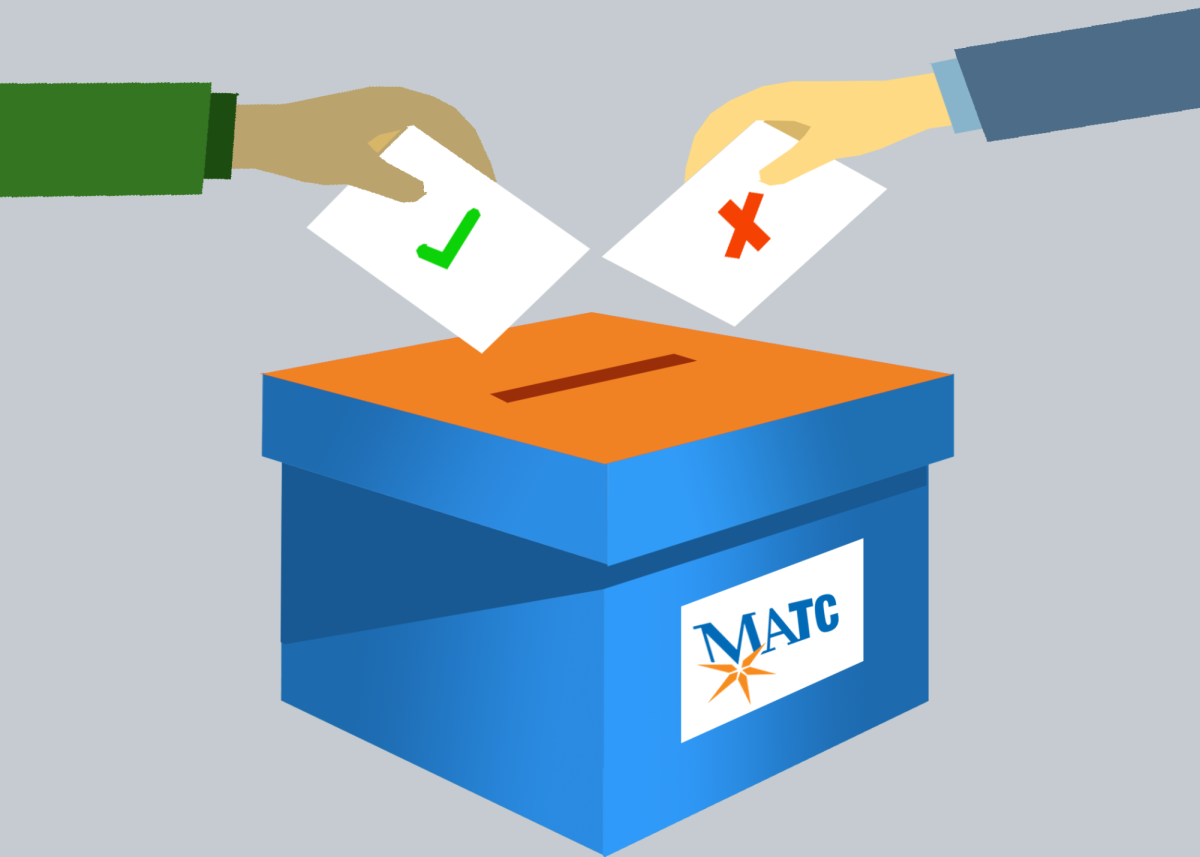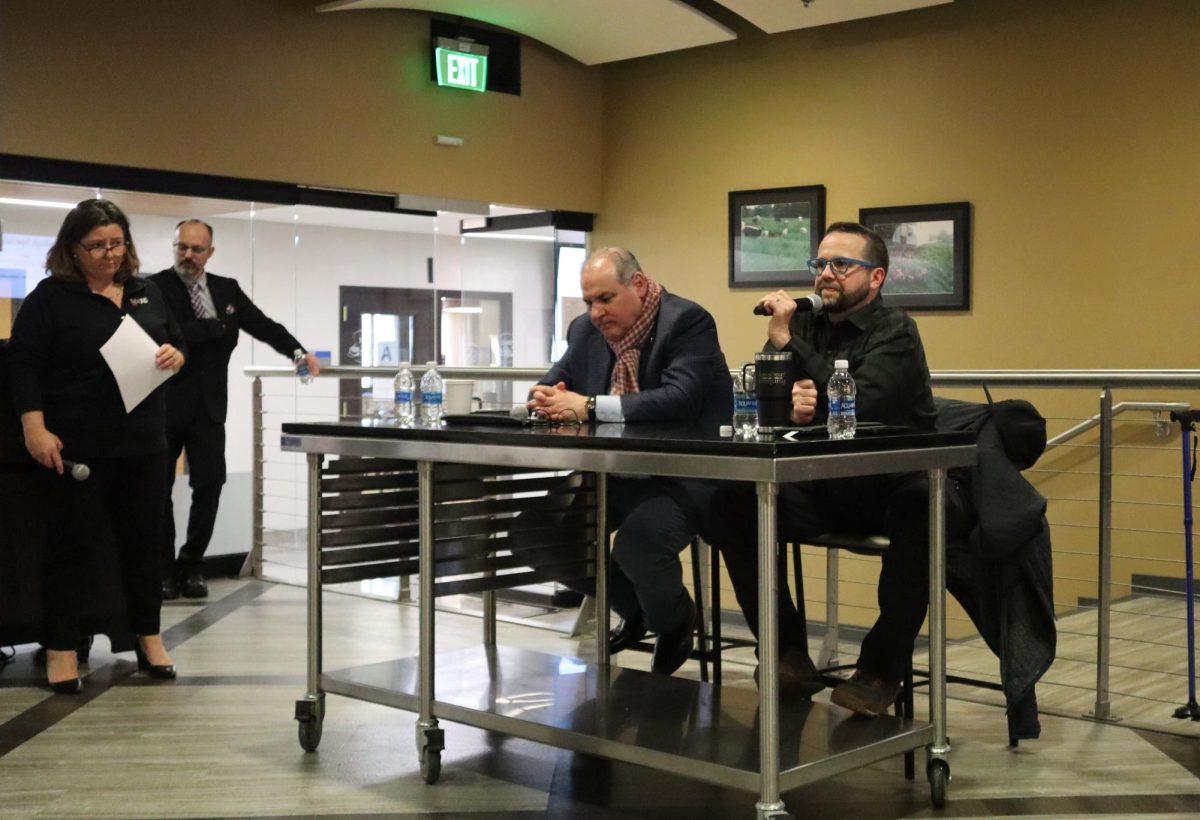Federal budget proposal depletes student funds

Much of the academic world is buzzing about the proposed spending cuts to education released in President Trump’s budget proposal. However, the MATC board of directors had nothing to say about it during their meeting on March 29.
During the legislative matters report given by board member Mary Isbister, the cuts were mentioned but not discussed. More time was used to discuss the possibility of taking state legislators out to breakfast.
The lack of time given to discussing the cuts is especially surprising considering how detrimental they would be to MATC students.
The proposed cuts would take money from Pell Grant funds, work-study programs and Federal Supplemental Educational Opportunity Grants (FSEOG); all programs that are very important in providing MATC students with financial support.
Michael Rosen, president of American Federation of Teachers Local 212 at MATC drafted a letter to the board following the meeting.
He said he hopes the letter fully informs the board about the potential impacts the budget would have on MATC students and the college as a whole.
According to Rosen, “The proposed cuts would undermine MATC’s students’ ability to pursue their education and MATC’s ability to train the skilled and technical workforce that area employers so desperately need.”
Currently at MATC, 64 percent of students receive Pell Grants. The proposed cuts would strip $5.2 billion from the Pell Grant surplus over the next two years. Rosen explained that the $10 billion surplus serves as a reserve fund that is designed to fund this discretionary program during economic downturns when tax revenues decline. “Taking money from it eliminates the possibility of summer Pell, jeopardizes the program’s long-term sustainability and harms the future prospects of MATC’s low-income students,” Rosen noted in his letter.
MATC students also would suffer from cuts to FSEOG. These grants provide financial relief to the most financially disadvantaged students. For the 2016-17 school year, MATC received $620,882 in FSEOG grants, which were provided to more than 300 MATC students.
The cuts to work-study programs would impact more than 200 students at MATC. Work-study allows students to work jobs that relate to their program of study while scheduling hours to fit with their class schedules. More than 200 MATC students currently enrolled in work-study programs received $586,952 in federal funds for the 2016-17 school year.
It’s hard to deny that the culmination of these cuts would be terrible for the success of MATC students and the college’s hopes of increasing enrollment.
Rosen pointed out that “students who don’t drop out will be forced to work more hours or pick up second and third jobs,” while noting the negative correlation between increased workloads and student completion.
Since the meeting, MATC President Vicki J Martin addressed the cuts after The Times reached out to her office. Martin recognized the importance of Pell Grants and said, “The college will advocate at the federal level against decreasing the Pell Grant Account.”
The Times is still in the process of getting feedback from the other board members about the proposed cuts. We will post their responses, as they come, on our website, www.matctimes360.com.
Former editor-in-chief 2016-17

























































